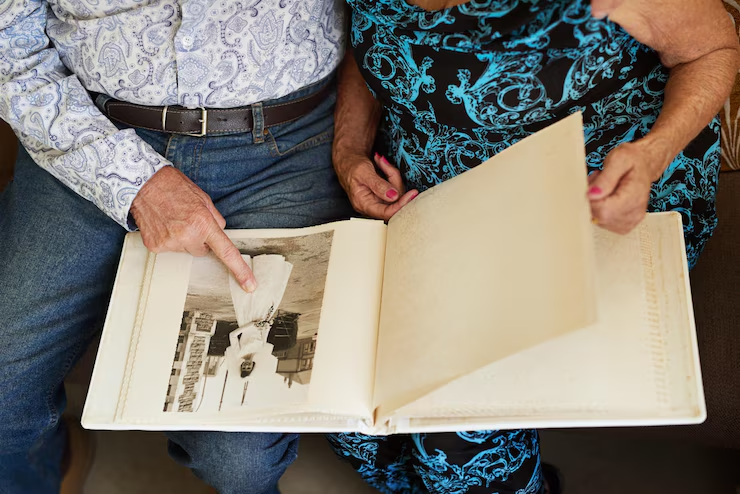Victorian Last Name
The Victorian Last Name, rich with cultural shifts and social stratification, left a lasting imprint on family names. Surnames during this period were more than identifiers—they told stories of heritage, profession, geography, and even personal values. From aristocratic titles to occupational trades, each name carried meaning.
1. Aristocratic Surnames
Victorian high society proudly bore surnames that echoed noble lineage and power. Names such as Montague, Cavendish, and Grosvenor signified aristocratic heritage, often associated with vast estates and old money. Many of these families could trace their ancestry to medieval England. These surnames typically had French or Latin roots, stemming from the influence of the Norman Conquest, and they carried with them the weight of tradition and land ownership.
2. Occupational Surnames
Many Victorians inherited surnames based on ancestral trades. Names like Thatcher (roof thatcher), Chandler (candle maker), and Cooper (barrel maker) reflected medieval occupations that were passed down through generations. Even as the Industrial Revolution transformed the workforce, these occupational surnames remained.
3. Regional and Locational Surnames
Surnames like Lancaster, Yorke, and Devonshire signified a family’s place of origin. These regional identifiers linked individuals to specific towns or counties, helping to trace lineage and family migration. Others were derived from geographical features—Hill, Wood, or Brook—common among those living in rural communities.

4. Religious and Biblical Surnames
Faith played a major role in Victorian life, and this influence extended to surnames. Biblical names such as Abraham, Solomon, and David were not uncommon. Clerical surnames like Bishop, Pope, Deacon, and Abbott indicated religious roles or affiliations. Among Jewish and Christian families alike, surnames rooted in scripture or religious hierarchy reflected spiritual devotion and community identity.
- Patronymic and Matronymic Surnames
Names derived from a parent’s first name—often the father’s—were widespread. Examples include Johnson (son of John), Williams, and Harrison. These patronymic surnames highlighted lineage and kinship, preserving generational continuity.
6. Nature-Inspired Surnames
The Victorians’ deep appreciation for nature was reflected in surnames like Rose, Forrest, and Hawthorne. These names were often symbolic—Rose for beauty or love, Forrest for strength and wilderness. Others identified physical surroundings, such as families who lived near a forest or floral fields.
- 7. Military and Status-Based Surnames
Names like Knight, Marshall, and Sargent signified military service or status, often tracing back to feudal times. These surnames were inherited by descendants of soldiers or those serving in noble courts. Others, such as Baron or Earl, hinted at aristocratic titles or high social standing.
8. Foreign and Immigrant Surnames
The Victorian era welcomed waves of immigrants from across Europe. Surnames like Schneider (German), Dubois (French), and Rossi (Italian) revealed diverse cultural backgrounds. Some immigrant families chose to anglicize their surnames for easier social integration, while others preserved their original names with pride.
9. Literary and Artistic Surnames
Victorian literature had a powerful cultural influence, and famous writers made their surnames iconic. Names such as Bronte, Dickens, and Wilde became symbols of creativity, intellect, and rebellion. Some families adopted these names in homage to beloved authors, while others carried them by legacy.
10. Unique and Rare Surnames
Some surnames from the Victorian period stood out for their rarity and charm. Names like Featherstone, Everleigh, and Ainsworth were less common but carried a distinct sense of elegance. Often tied to lesser-known noble houses or remote regions, these names were rooted in Old English or Norman dialects. Their uniqueness made them memorable and historically intriguing.

Conclusion
Victorian surnames serve as windows into the past—offering clues to family heritage, social roles, migration, and values. Whether aristocratic or occupational, regional or artistic, each name carried significance and told a story. Today, these names continue to connect us to a transformative era, reminding us of the roots from which modern identity has grown.


[…] Your NFT is live and ready for sale! […]